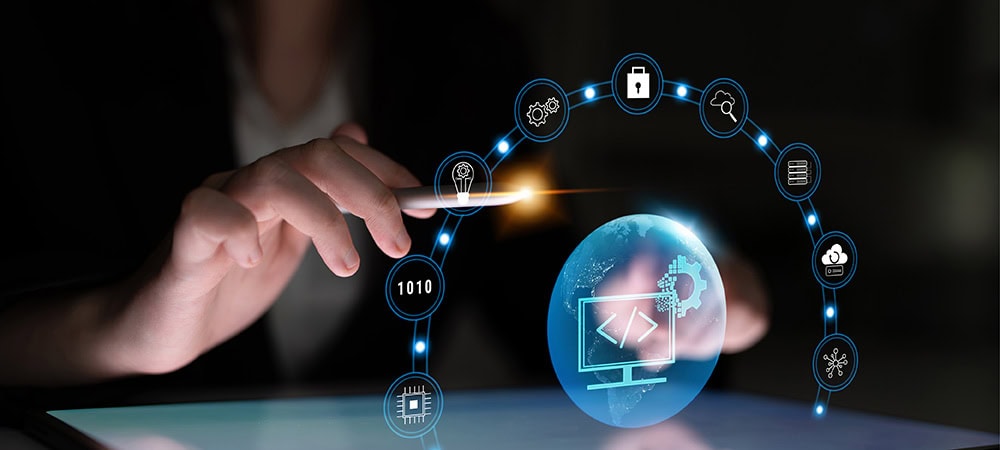SAP Standard Does Not Hurt


More and more specific processes, which have emerged in customer organizations in response to the requirements of business departments and networked business partners, need to be mapped in the system. New interfaces and deeper process integration—especially concerning warehouse automation—require a solution that fits company requirements and can be embedded in SAP logistics standard products like SAP EWM.
In everyday project work, newly set up processes are often already very specific at the time of introduction and are no longer implemented in the SAP standard. One reason for superfluous extensions and customization is that business and IT departments often lack the willingness to adapt processes. They lack acceptance of ‘new’ and inadequate change management. The same applies to disruptive approaches to optimization. Furthermore, choosing the right partner can be crucial for the quality and resilience of the solution because lack of process know-how can also lead to unnecessary customization.
The result is all too often a new system that is so heavily modified that it no longer complies with the SAP standard and is therefore not independently maintainable. Often, customers also become dependent on their service providers and experience a rude awakening in the form of binding SLAs and service contracts with direct influence on ROI and follow-up costs.
Meeting special requirements
Even if customers recognize that their current systems have been heavily adapted to fit their processes over the years and that this not only causes problems with extensions and subsequent regression tests, but also results in more and more complexity and costs, they might very well try to recreate the same processes in a new SAP system according to their individual needs.
Escaping this cycle requires specialized consultants with in-depth knowledge of standard processes to show customers alternatives for setting up the process in a standard system. In addition to knowledge of the system, experience from a wide range of industries is crucial. Consequently, it is possible that a traditional incoming goods process of a pharmaceutical customer can give a completely new impulse to the process of a machine manufacturer.
This requires both the consultant’s ability to think out of the box and—even more importantly—the customer’s imagination and commitment paired with pragmatism and willingness to rethink processes.
Special features in warehouse logistics
Many processes in logistics are of course dependent on physical conditions and peripherals—but even in these areas, an open mindset is essential so that the introduction of a new system can be seen as an opportunity. The most important basis for a successful implementation project is the trust of the customer.
Because no major SAP EWM implementation can be mapped 100 percent in a standard system, it is even more important to map exactly those areas in the standard system where it is possible. At the same time, alternative processes must be outlined in the standard in order to sensitize the customer and provide them with a validated basis for their decision.
Simultaneously, current processes should always be put to the test in order to move away from the static route of the As-Is = To-Be towards the mapping of the As-Is as the basis of the new, innovative and promising process. It is also important to consciously question the choice of service provider in advance, what the general project procedure will look like, and to what extent service-specific plug-ins are used as alternatives to standard functions. Providers often use self-developed solutions in order to reduce expenditures. However, these ‘cost savings’ often relativize themselves later due to higher maintenance costs.
EWM and S/4 Hana
The standard-oriented approach is more in demand than ever before. Due to the switch to SAP S/4 Hana, many processes are changing and should be integrated in an SAP EWM logistics system. Advantages of standard integration can be seen most clearly if the processes are set up with the help of an experienced consultant.
Leogistics offers special expertise in the area of SAP EWM and, additionally, the advantage of being able to deliver processes for all modules from one single source together with our parent company cbs. This enables us to set up future-proof and standard integrated processes.







